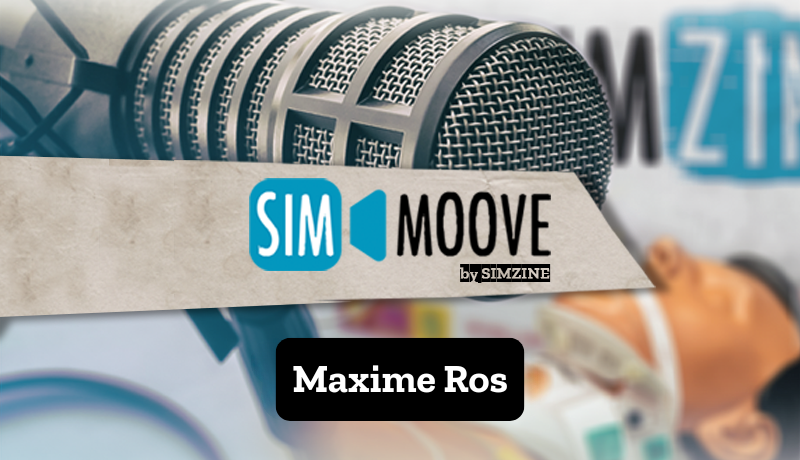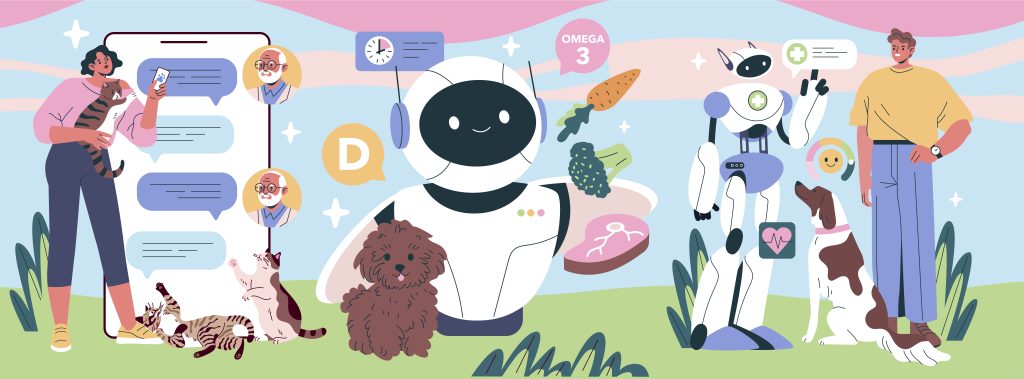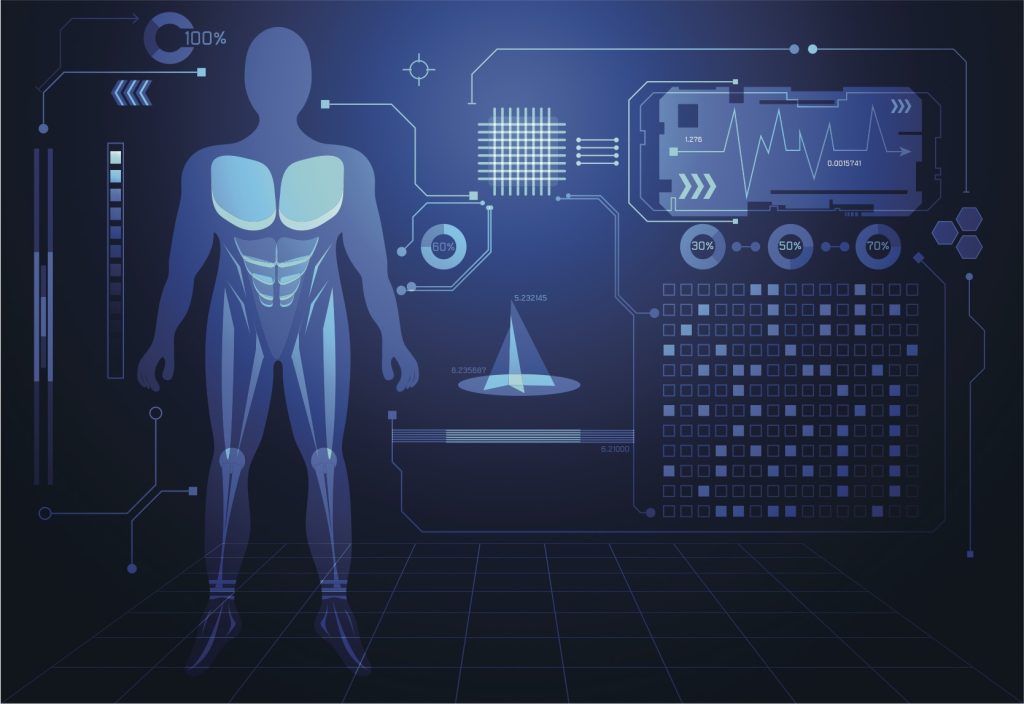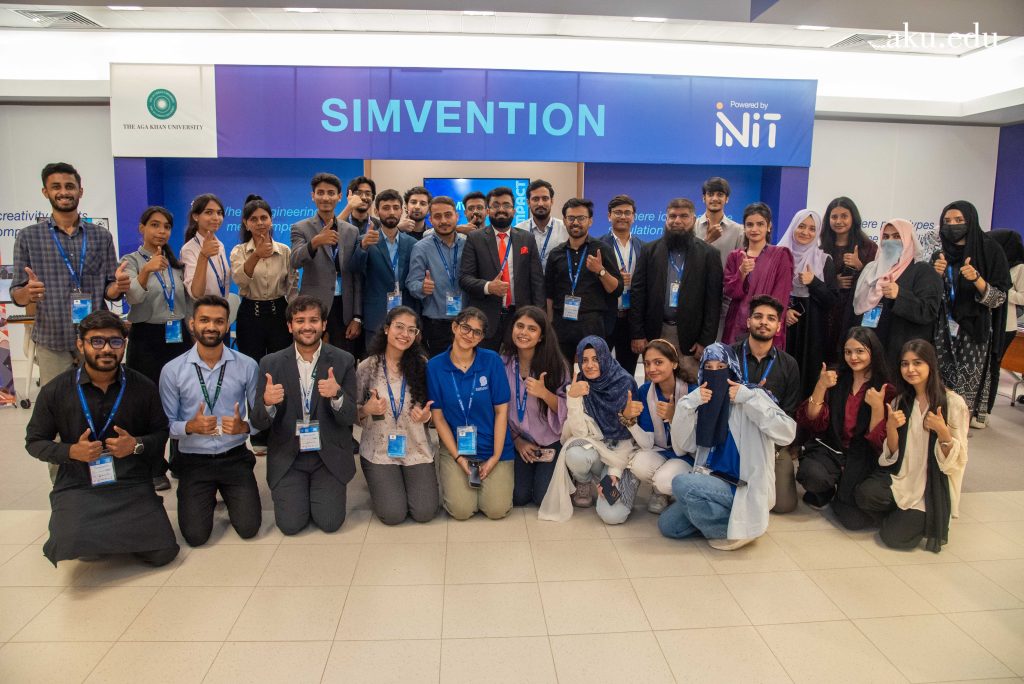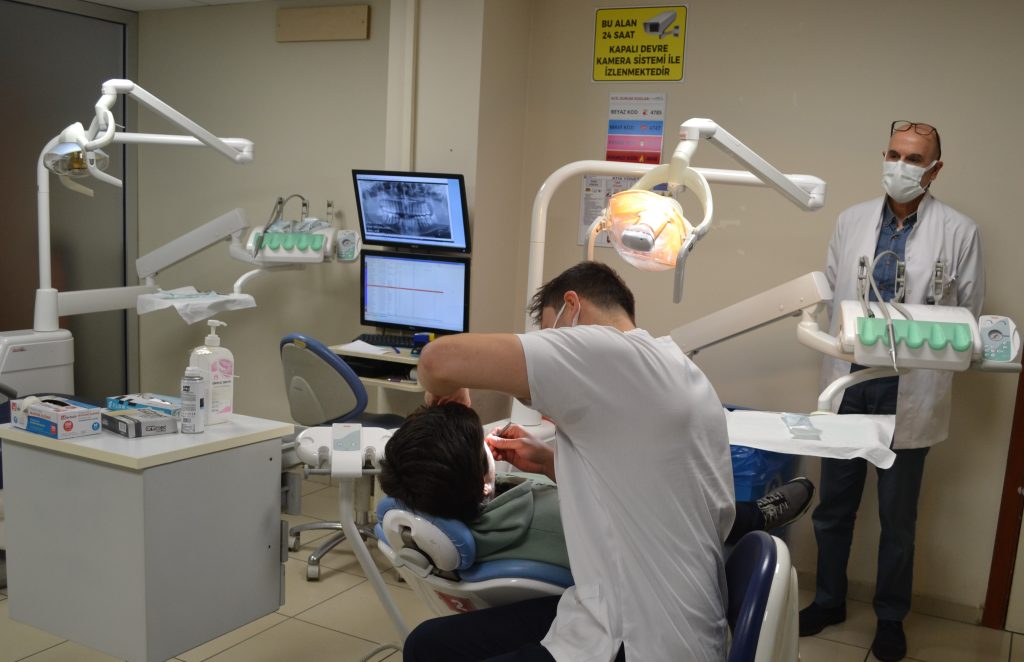Technology is becoming increasingly central to the educational experience. The digital landscape provides, in fact, exciting opportunities to create learning experiences that can thrill and motivate our learners, students and peers. It is our responsibility, as educators in general, and simulationists in particular, to think very differently about our current educational practices and imagine new ways of working.
Augmented and virtual reality technology will continue to advance. By now, we’ve certainly heard enough about the metaverse to conclude that it’s on the horizon. The promise of metaverse is to enable essential human experiences in a world that is free from the constraints of time, space and physics. For example, we can easily predict that we’ll have more immersive meeting environments where we can talk, brainstorm, and co-create together. Experts predict that the metaverse will add $5 trillion to the global economy by 2030, and 2023 will be the year that defines the direction of the metaverse for the next decade. In this issue Chang and Dolby will help us to better understand what metaverse is and how it will evolve in healthcare education.
Social Media will also change. Young users increasingly push for more meaningful online interactions and a new wave of platforms is starting to gain both mindshare and market share. Between LinkedIn, Instagram, and others, we all have been forced to rethink entirely how these means can help and support us in what we do. Our SIM Debate panelists discuss how best simulationists have to adapt and utilize them.
Simulation businesses, with the technological advances and the launch of a new range of devices, will open new opportunities for healthcare simulation-based education. Thus, we entered a factory to understand better how simulators are designed and produced. We interviewed a CEO of one of the companies which is competing in the simulation market. We outlined the journey to make a new manikin, reporting the words directly from the creators and the little girl who inspired them and was used as a model. And finally we met the people who play a key role in the simulation transition and patient safety culture to share their view about opportunities, challenges and barriers of simulation development.
All these because here, in SIMZINE, to get ready for technology we consider important to know both the innovations themselves and what is behind them, thus the people, their experiences and their thoughts.
PLI
READ ALSO
































